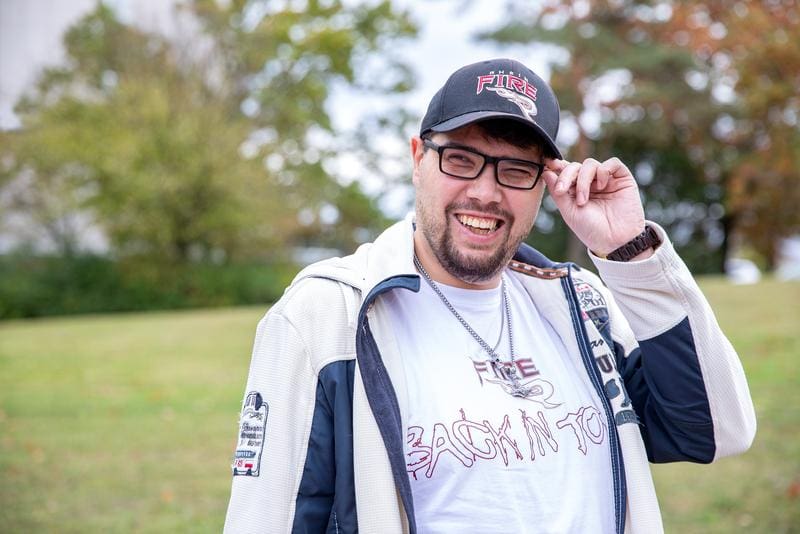First patient in Germany to receive gene therapy for hemophilia B
A 33-year-old patient with severe hemophilia B has received a novel gene therapy at the Clinic for Hematology, Hemostaseology, Oncology and Stem Cell Transplantation at the Hannover Medical School. The treatment allows stable coagulation activity without regular injections and significantly improves the quality of life. This is the first case of this therapy in Germany.
Hemophilia B is a hereditary coagulation disorder caused by the absence of factor IX, which leads to delayed blood clotting. Those affected risk bleeding into joints, muscles, gastrointestinal tract or nervous system, which can lead to permanent damage such as joint destruction. The severe form mainly affects men and about 500 people in Germany in whom factor IX activity is below two percent of the norm. Previous therapy requires lifelong injections of the factor, standard twice a week due to short half-life.

The patient had suffered from the disease since childhood, which severely restricted his life. No sport, no travel and frequent complications such as cerebral haemorrhage in infancy, nosebleeds and operations on the ankle and hand shaped everyday life. Weekly prophylaxis achieved only five percent activity on weekends, which caused stress despite improvements.
The decision in favor of gene therapy was made after months of weighing up the advantages and disadvantages, risks and alternatives. On June 30, 2025, the patient received a single injection of an adeno-associated virus that carries a functional factor IX gene. The virus enters liver cells, where the gene remains as a supplement to the defective gene and produces factor IX. The therapy has been approved in Europe since 2023.
Two weeks after the injection, the conventional treatment could be discontinued. Factor IX activity stabilized at 30 percent. A temporary immune reaction with increasing liver values was remedied by cortisone therapy. Liver health specialists are ready for complications.
The patient reports an enormous increase in quality of life, as bleeding does not occur and activities such as sports or travel become possible. The treating hematologist sees good chances for long-term stability, but emphasizes that the therapy is not suitable for everyone and requires regular check-ups. The effect can be easily measured via blood samples.
Editor: X-Press Journalistenbû¥ro GbR
Gender Notice. The personal designations used in this text always refer equally to female, male and diverse persons. Double/triple naming and gendered designations are used for better readability. ected.




